Clarify how much is “a portion of investment cost”?
Discussing at Group 4 (including the National Assembly delegations of Khanh Hoa, Lai Chau and Lao Cai provinces) on the morning of November 3, delegates basically agreed on the necessity of promulgating a Law amending and supplementing a number of articles of the Law on Public Debt Management, according to the Government's Submission and the Verification Report of the Economic and Financial Committee.
Giving specific comments, National Assembly Delegate Sung A Lenh, Deputy Head of the Lao Cai Provincial National Assembly Delegation, Head of Group 4, said that regarding the re-borrowing conditions of public service units, the draft Law stipulates: " Public service units self-guarantee regular expenses and part of investment expenses; self-responsible for the efficiency of using borrowed capital and repaying debts" .
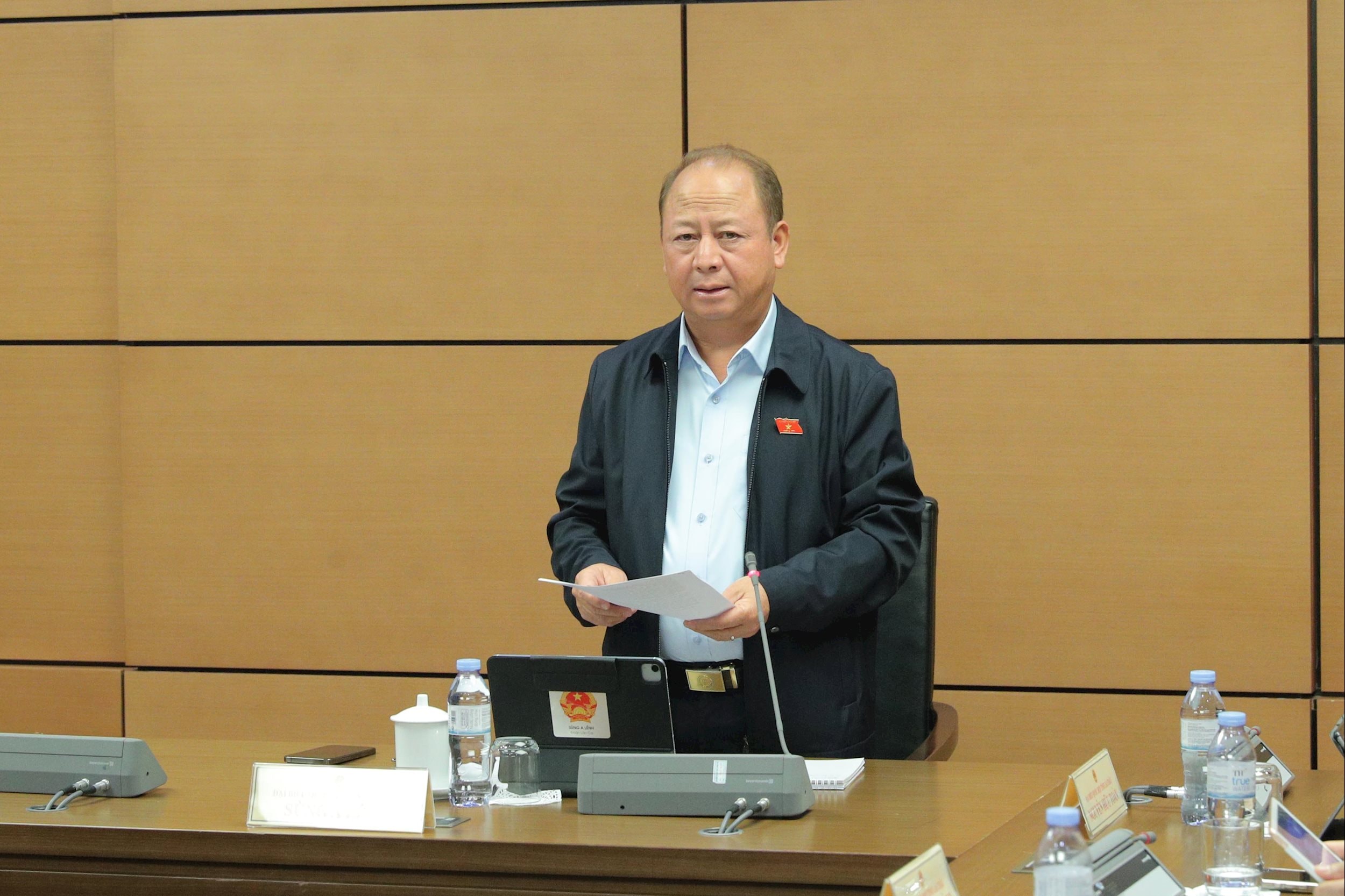
"This regulation demonstrates the correct policy of encouraging financial autonomy and ensuring public debt safety," the delegate assessed.
However, the phrase “part of investment expenditure” is still qualitative, without specific criteria. This leads to difficulties for both the borrowing unit and the appraisal agency: the public service unit does not have a clear basis to build a financial plan; the appraisal agency lacks a unified legal basis, which can easily lead to different understandings and applications of the law.
Therefore, delegate Sung A Lenh proposed to add specific guidance, in one of two directions: clearly stipulate the minimum level that public service units must self-guarantee investment expenditures, or assign the Government to specify in detail the criteria and principles for determining the "partial" level.
In addition, regarding the expansion of loan users, previously, for public service units that wanted to borrow ODA capital or foreign preferential loans, they had to be autonomous in both investment and regular expenditure; now the draft Law opens up for units to ensure autonomy in regular expenditure and part of investment expenditure.
Such specification will help regulations be transparent and easy to apply, while increasing feasibility and consistency in implementation.
The Draft Law stipulates: In case a public service unit does not meet the conditions for re-borrowing as prescribed in Point a, Clause 2 of this Article, the agency prescribed in Clause 1, Article 29 of this Law shall report to the Government for consideration and decision to apply the financial mechanism allocated from the state budget for the program or project, as a basis for carrying out the procedure for establishing the project's investment policy.
According to National Assembly Deputy Nguyen Huu Toan (Lai Chau), if a public service unit wants to expand its development conditions but does not meet the conditions due to an unstable calculation plan, "there is no reason to grant it". Therefore, this content should be removed from the scope of the Law.
Loan application procedures should be simple
Regarding the operating period of the re-borrowing enterprise, the draft Law stipulates: Having legal status, being legally established in Vietnam and having an operating period of at least 03 years, except in cases where the enterprise carries out mergers, restructuring of the apparatus from central to local levels, or other rearrangements under the direction of competent authorities .
Affirming that this regulation aims to ensure the financial capacity and reputation of enterprises borrowing ODA capital and foreign preferential loans, however, delegate Sung A Lenh cited the reality that many newly established project enterprises to implement large-scale infrastructure projects in the form of PPP or BOT often have not been in operation for 3 years when they start implementation.
“If this regulation is maintained, important projects, especially urgent transport, energy and urban projects, will face difficulties in accessing ODA capital and preferential loans. This could slow down the progress of public investment and national infrastructure development.”
Expressing such concerns, delegates proposed that the draft Law add exemptions for PPP and BOT project enterprises with clear capacity and financial guarantees; this provision both ensures credit risk control and creates flexible conditions for qualified project enterprises to participate in key national projects.
Regarding the rate of provision for re-lending risks, the draft Law assigns the Government to specify in detail the rate of provision for re-lending risks when the authorized re-lending agency bears part of the credit risk.
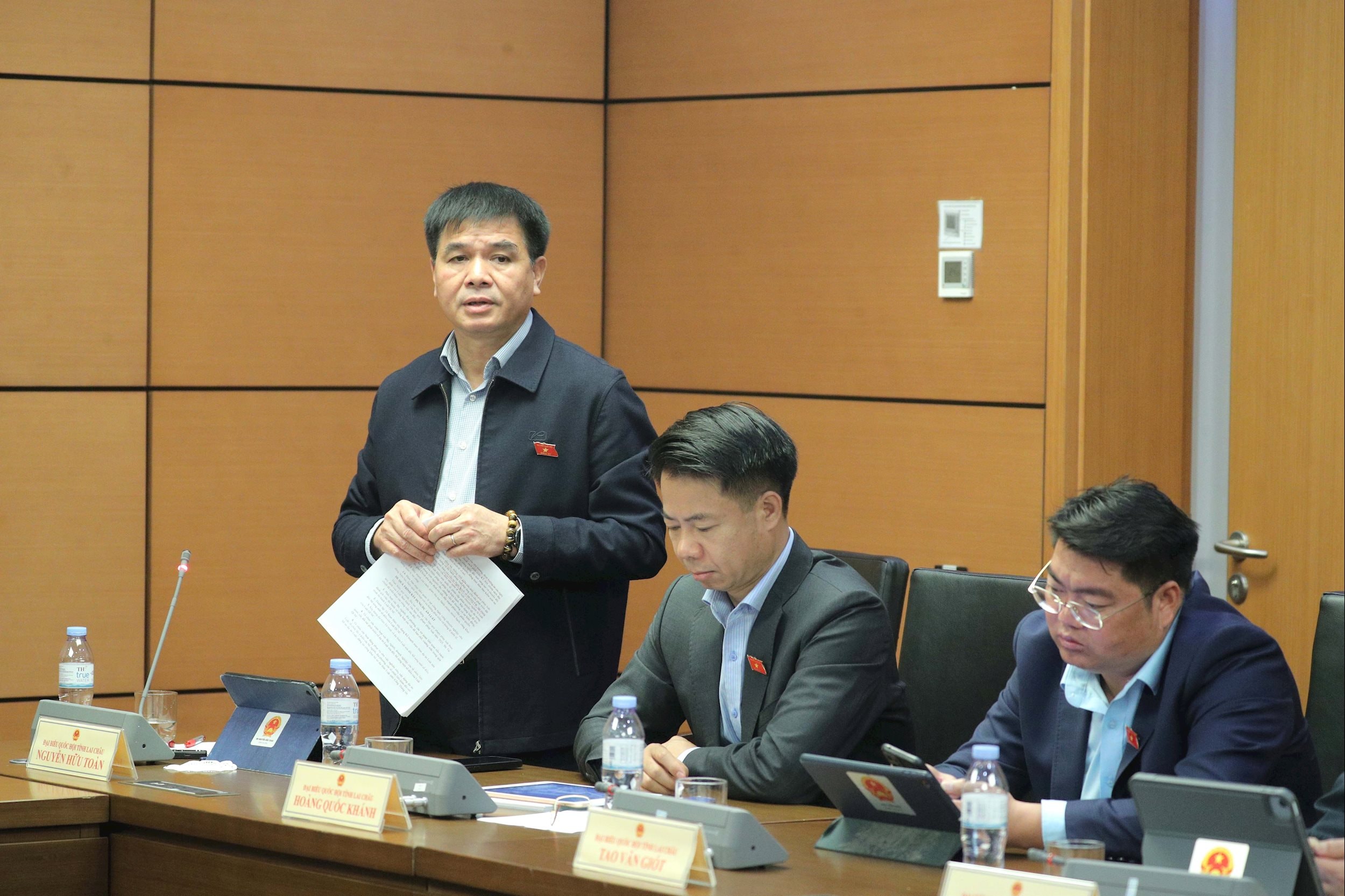
Although this is the right approach, according to the delegate, the Law needs to stipulate basic principles to serve as a basis for the Government to provide detailed guidance, avoiding the situation of inconsistent sub-law documents. Because if there are no guiding principles in the Law, it will be difficult for implementing agencies to determine the basis for calculating the contribution rate, leading to a lack of transparency and difficulty in forecasting operating costs.
Delegate Nguyen Huu Toan added that recently, the slow disbursement of ODA loans and foreign preferential loans has a very important reason: compliance with loan and disbursement conditions, and coordination between Vietnam and international organizations and lending countries. At this time, we must comply with "dual regulations": domestic conditions and conditions of international organizations and donors.
Therefore, the delegate proposed that the draft Law should study and supplement regulations on project preparation and preparation for signing loan agreements, to ensure that they can be implemented immediately after signing. Unfortunately, "this content has not been reflected much in the draft Law," the delegate commented.
Also according to delegate Nguyen Huu Toan, the draft Law has some amended and supplemented contents related to decentralization and delegation of power.
Previously, when mobilizing capital from local budgets, localities, in addition to ensuring the borrowing plan approved by the National Assembly, had to seek the opinion of the Ministry of Finance for each issuance. However, the draft Law has removed this content, which means removing administrative procedures.

However, in the current context, delegates are concerned that decentralization and delegation of power will cause local governments to borrow more if there is no one to coordinate. Invisibly, if it falls at the right time, it will push up the demand for capital mobilization of the State, including both the Central and local governments, then interest rates will increase, even competing with the business sector.
Emphasizing that administrative procedure reform is necessary, delegates noted that risks must be prevented; "most importantly, the bond market must be maintained to become a mobilization channel for the Government."
In addition, the draft Law has removed the project proposal, but added procedures for loan proposals. Delegate Nguyen Huu Toan analyzed that, basically, the project proposal and loan proposal are both approved by the same authority, that is, they are submitted to the Prime Minister, while the borrowing plan has been approved by the Prime Minister.
Delegates expressed their opinions that there should be a loan proposal, but the procedure should be simple and should be decentralized to the Minister of Finance for approval within the loan limit approved by the Prime Minister, ensuring consistency in the legal system.
Source: https://daibieunhandan.vn/can-nhac-quy-dinh-thoi-gian-hoat-dong-3-nam-voi-doanh-nghiep-vay-lai-10394139.html


![[Photo] Opening of the 14th Conference of the 13th Party Central Committee](https://vphoto.vietnam.vn/thumb/1200x675/vietnam/resource/IMAGE/2025/11/05/1762310995216_a5-bnd-5742-5255-jpg.webp)


















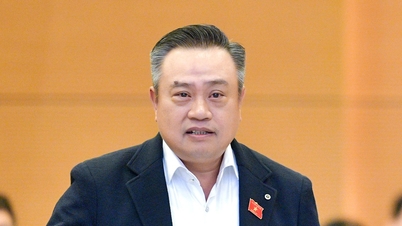


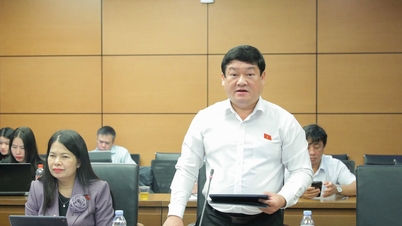
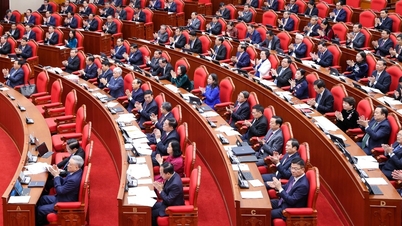






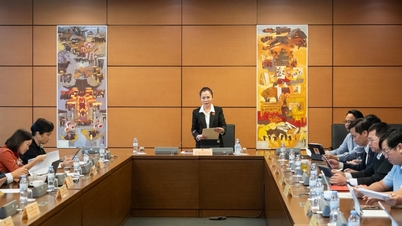

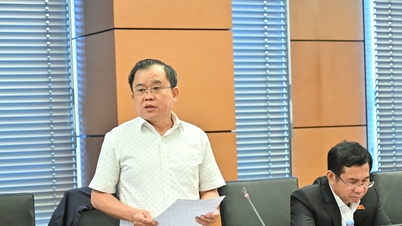

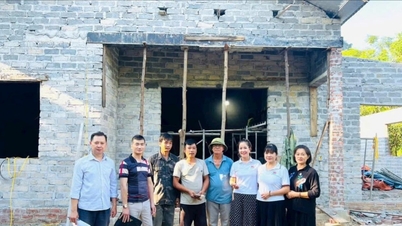
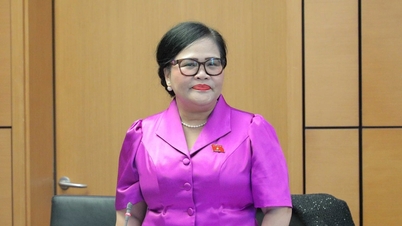

![[Photo] Panorama of the Patriotic Emulation Congress of Nhan Dan Newspaper for the period 2025-2030](https://vphoto.vietnam.vn/thumb/1200x675/vietnam/resource/IMAGE/2025/11/04/1762252775462_ndo_br_dhthiduayeuncbaond-6125-jpg.webp)
































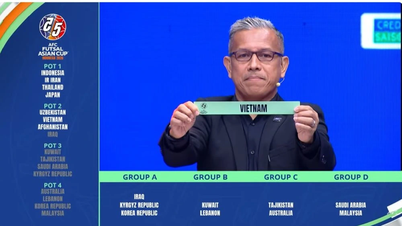







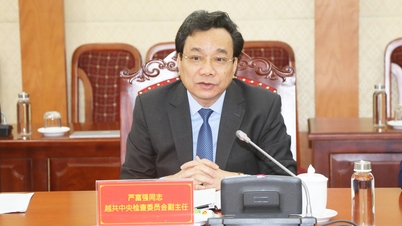

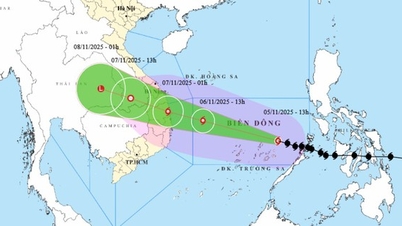




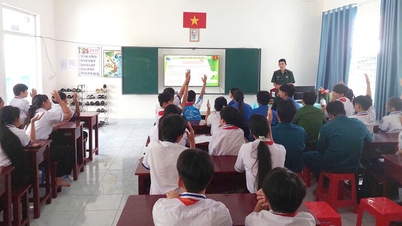

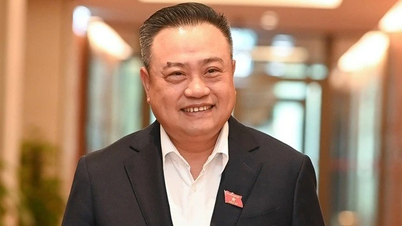

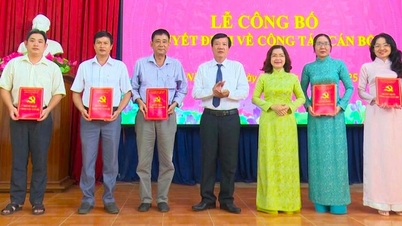


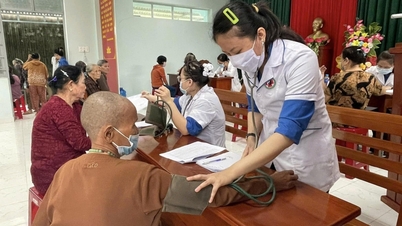













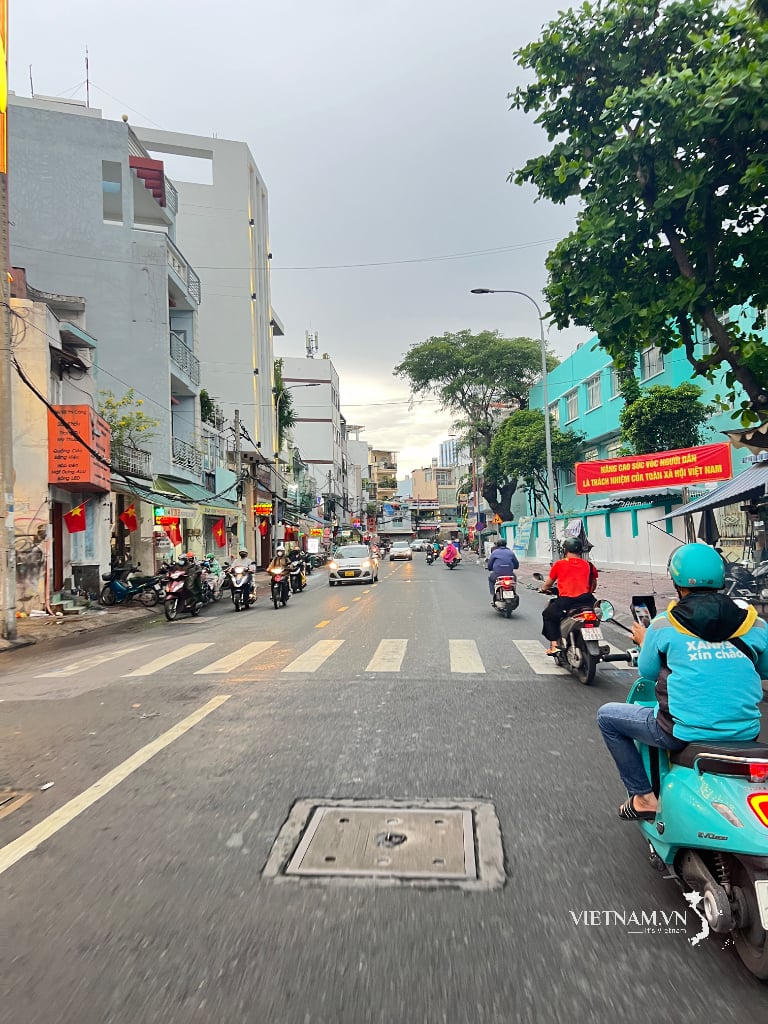
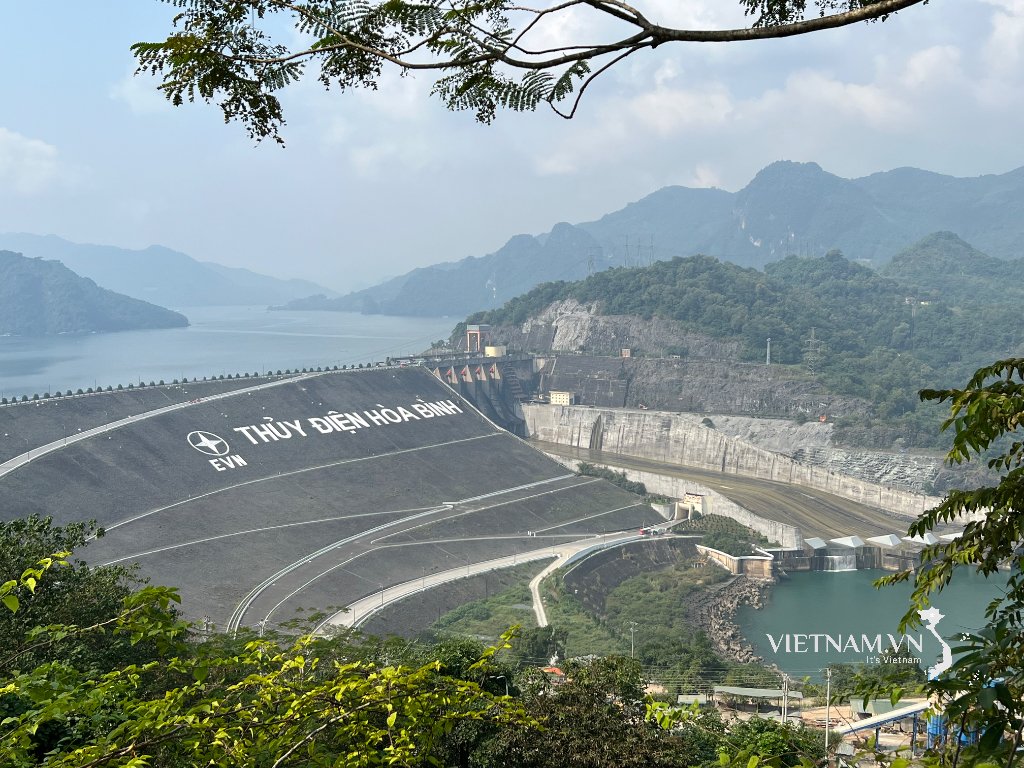


Comment (0)